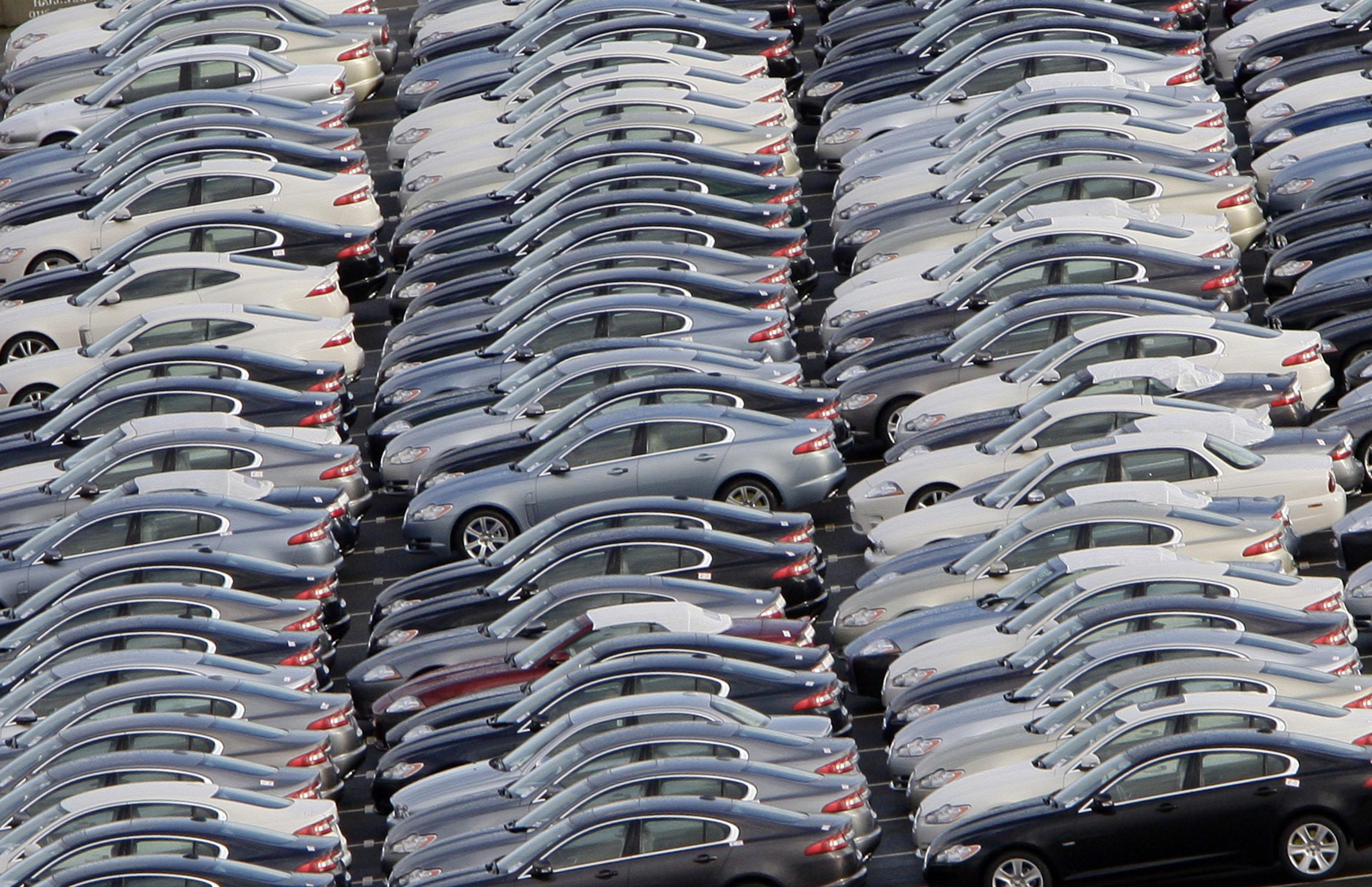No-deal Brexit will have seismic effect on millions of car industry jobs, say manufacturers
Trade bodies warn of ‘immediate and devastating’ impact of disorderly departure from EU in little over a month

Your support helps us to tell the story
From reproductive rights to climate change to Big Tech, The Independent is on the ground when the story is developing. Whether it's investigating the financials of Elon Musk's pro-Trump PAC or producing our latest documentary, 'The A Word', which shines a light on the American women fighting for reproductive rights, we know how important it is to parse out the facts from the messaging.
At such a critical moment in US history, we need reporters on the ground. Your donation allows us to keep sending journalists to speak to both sides of the story.
The Independent is trusted by Americans across the entire political spectrum. And unlike many other quality news outlets, we choose not to lock Americans out of our reporting and analysis with paywalls. We believe quality journalism should be available to everyone, paid for by those who can afford it.
Your support makes all the difference.Billions of euros in revenues supporting millions of jobs are at risk from the “seismic” impact of a no-deal Brexit, Europe’s carmakers have said.
As the UK hurtles towards the 31 October Brexit deadline with little sign of a new deal, bodies representing the industry united to issue a joint plea to avert a no deal. Such an outcome, they said, would have an “immediate and devastating” impact on one of the continent’s most successful sectors and employer for 13.8 million people across the EU.
“The UK’s departure from the EU without a deal would trigger a seismic shift in trading conditions, with billions of euros of tariffs threatening to impact consumer choice and affordability on both sides of the Channel,” a group of 21 national trade associations, along with a number of Europe-wide bodies, wrote in a statement on Monday.
“The end of barrier-free trade could bring harmful disruption to the industry’s just-in-time operating model, with the cost of just one minute of production stoppage in the UK alone amounting to €54,700 (£50,000).”
This would result in higher car prices for consumers because manufacturers will not be able to absorb all of the extra costs, the group said.
The car industry is one of the most deeply integrated across Europe, meaning it faces some of the biggest disruptions of any sector as companies with sites in the UK are forced to adapt to the new reality of tariffs and delays caused by border checks and additional administrative tasks.
Across the EU, one in 16 of the workforce is employed in the car industry, according to the European Automobile Manufacturers Association. Within the UK, close to a million people are employed in the sector or in jobs supported by it, a number of which are at risk from the impact of Brexit.
Investment by carmakers has plummeted from an average of £2.5bn to £2.7bn over the past seven years to just £90m in the first six months of 2019.
While the UK is expected to be hit hardest by a disorderly exit from the EU, manufacturers across the English Channel are not immune either.
“Brexit is not just a British problem,” said Christian Peugeot, president of the French automotive trade body CCFA. “We are all concerned in the European automotive industry and even further.
“Be it as exporters to the UK market or producers locally, which we are both, we will inevitably be negatively affected.”
A no-deal exit would mean moving to World Trade Organisation tariffs on cars and vans, which could add €5.7bn to the collective costs for the UK and EU car industries.
Bernhard Mattes, president of Germany’s VDA, said: “We regret Brexit. The United Kingdom is a fully integrated player in the value chain of the German automotive industry.
“More than 100 production facilities as well as research and development located in the UK prove our commitment to the UK market as a number one market in the EU.
“In the view of the German automotive industry, therefore, everything has to be done to maintain the free movement of goods, of services, the freedom of capital and the freedom of movement for workers between the UK and the EU.”
Join our commenting forum
Join thought-provoking conversations, follow other Independent readers and see their replies
Comments